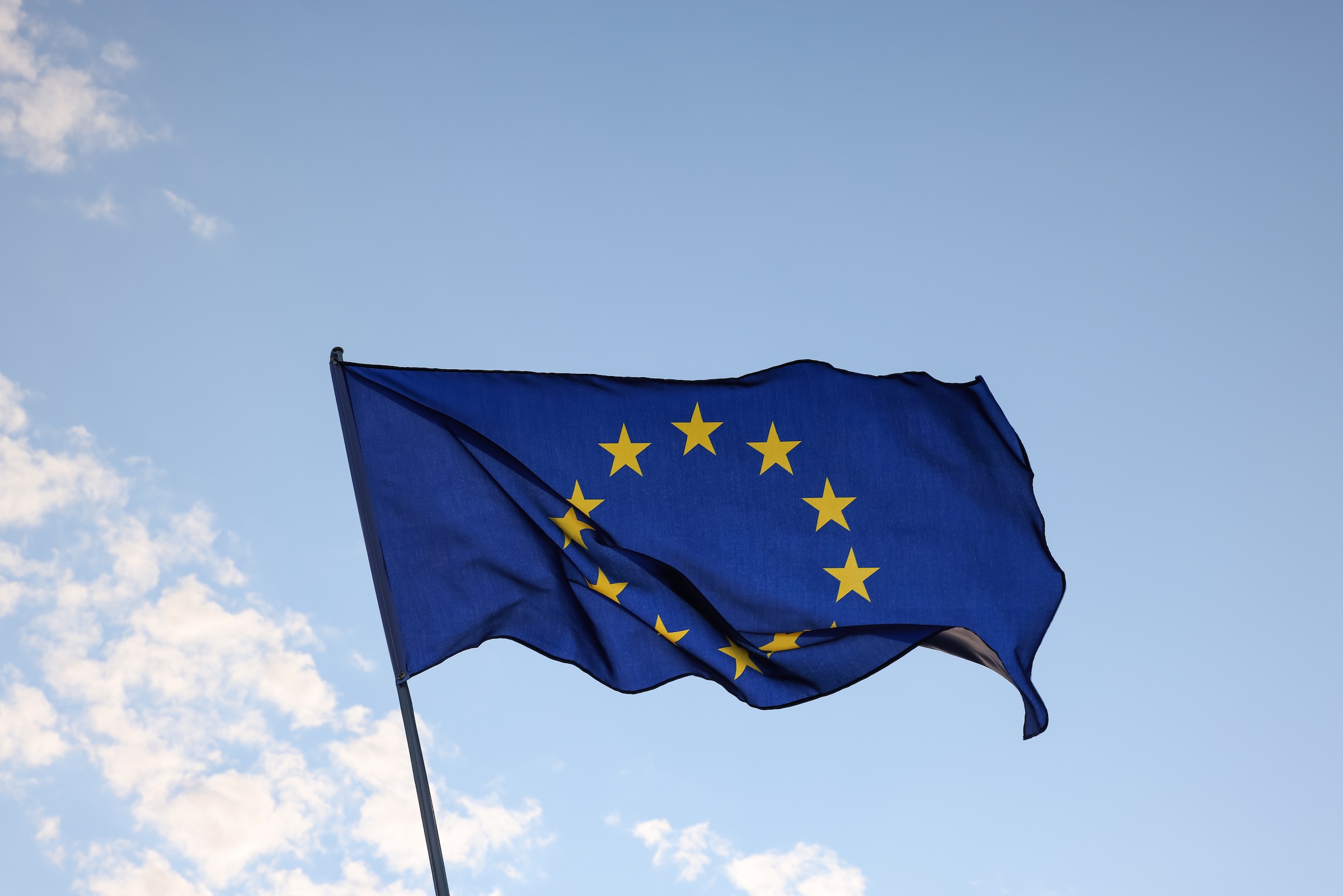With the Legislative Decree 82/2022which transposes in Italy the Directive (EU) 2019/882 (European Accessibility Act), digital accessibility becomes a legal requirement for certain categories of digital consumer products and services.
But beware: not all showcase or institutional sites are automatically subject obligations by 28 June 2025.
Who is obliged to comply?
The obligation concerns the digital services indicated by the EAAincluding:
- E-commerce Services (when the consumer can conclude an online contract, e.g. purchase or payment).
- Electronic Communication Services.
- Services providing access to audiovisual media (streaming platforms, TV apps, etc.).
- Digital elements of passenger transport services (sites, apps, ticketing, real-time information).
- Consumer banking services.
- E-books and dedicated software.
Normative references
- Directive (EU) 2019/882 - Official text: EUR-Lex
- Legislative Decree No. 82 of 27 May 2022 - Official Gazette
What does 'accessible' mean?
A site is considered accessible when it can also be used by persons with sensory, motor or cognitive disabilities. Commonly applied requirements refer to WCAG 2.1 level AA guidelinesincluding:
- Compatibility with screen readers and assistive technologies.
- Full keyboard navigation.
- Adequate colour contrast.
- Alternative texts for images, subtitles for videos, transcripts for audio.
- Correct semantic structure of HTML code.
Who is subject to the obligation?
- Companies and providers of consumer-facing digital services (e.g. e-commerce platforms).
- SaaS Providers and developers offering digital services to the public.
B2B or purely informative showcase sites are not obliged unless they are part of a service covered by the directive.
Exemptions and waivers
- Microenterprises (fewer than 10 employees and turnover ≤ EUR 2 million) are exempted from the obligation for servicesbut not for the production of software or sites for third parties.
- The exemption may be invoked for "disproportionate burden"but the evaluation must be documented and retained for at least five years.
Main deadlines
- 28 June 2025: compliance obligation for digital services covered by the EAA (new and current).
- Until 28 June 2030: services may continue to use digital products already in use before 2025, but must still comply with the requirements when updated.
Sanctions and controls
The controlling body is AgID, who can:
- Request corrective changes.
- Deactivate non-compliant services.
- Apply penalties between EUR 5,000 and EUR 40,000.
Why does it make sense to act anyway?
- Preventing legal and reputational risks.
- Offer an inclusive experience to all users.
- Improving SEO and usability.
- Showing concern for social responsibility.



